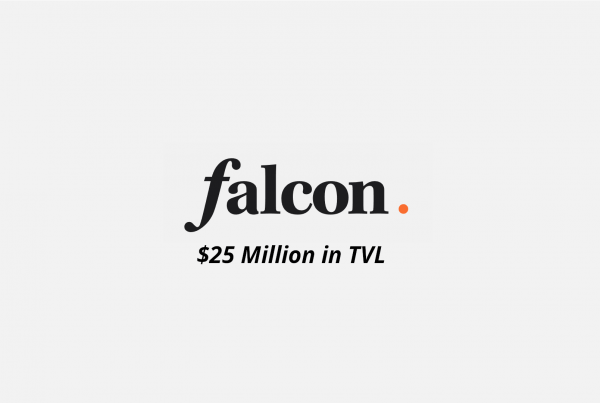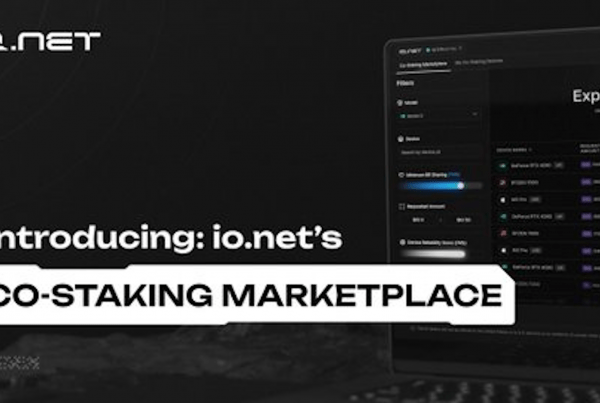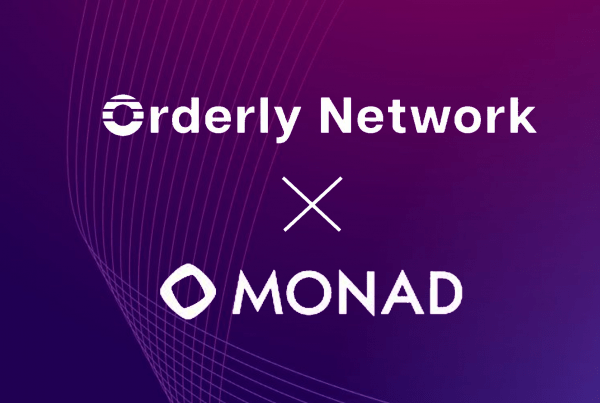QED, a multichain oracle aggregator for businesses, offers solutions to businesses leveraging smart contracts linked depending on tamper-proof external data in their operations.
Recourse over Blockchain Scaling
According to the platform developer, in a series of Twitter posts on August 31, QED has an oracle model with a baked-in financially-incentivized arbitration system offering recourse without sacrificing trustlessness or diminishing the benefits smart contracts provide for users, including businesses.
Smart contracts automate processes through the blockchain. Since operations are via an immutable platform, there must be modes of resolving sometimes inevitable conflicts due to the irreversibility of such transactions even when there are errors. In traditional systems, third-party arbiters complement insurance to offer guidance. However, the existence of self-executing contracts and the increasing demand from businesses to eliminate human involvement calls for prudence. This translates to reliance on dependable solutions in ensuring a near-flawless mode of operations.
It is convenient in businesses where hundreds of millions of value are at stake. Therefore, the veracity of external data processes via oracles must be top-notch without error because of how subsequential such errors can amplify losses. As such, the ability of the trustless platforms to offer recourse, in QED’s view, is more critical for businesses than on-chain scaling efforts.
Present solutions, Origin, the developers of QED, observe, don’t factor in the commercial risks whenever smart contracts are deployed. Often, smart contract coders would use the same aggregation formulae, accuracy measures, and other general risk checks when launching operations. Subsequently, this leads to the execution of single or multi-million value systems, exposing user capital to otherwise preventable risks throughout the execution loop. Moreover, collusion risks can open the door for users bent on gaming the system because of poorly drafted tokenomics.
QED is a Commercial Innovation
Origin’s solution, the developer says, can aptly meet the evolving requirements of businesses. This, however, is without dumping down on the platform’s capabilities of high reliability, interconnectedness, and robust architecture, an improvement of the Delphi Oracle.
The resulting solution, Origin explains, is practical and multi-faceted, designed to meet diverse business needs concurrently and reliably. QED can scale as technological innovation and a commercial solution meeting sacrosanct requirements of anchoring intensive business dApps who prefer data quality linking to their smart contracts, flexibility in blockchain connection, and high throughput.
According to QED, the ability to offer automated recourse as part of data quality control is classified as one of their primary features. The protocol requires node operators to provide external collateral as a bond to their smart contracts. This way, the multichain aggregator oracle protects against systemic risk.
In case of errors from the node operators approving false data, there is a post-execution resolution process for restitution without affecting the execution experience. QED also has a scoring system for Oracles, creating a macro survival bias that rewards consistency and value.
Countering Risks and Advancing Efficiency
The decision to demand external collateral—proportional to the smart contract risk– for data verifying nodes ensures consistency in providing reliable data. Concurrently, this model rewards high-performing, dependable Oracles by automatically skewing reward allocation to providers historically proven to have been supplying credible data.
In addition, with the decentralization of the underlying base layer and suitable tokenomics designed to eliminate collusion risks, QED can supply smart contracts in proportion to the commercial risk involved.
The resulting model brings more efficiency and economic viability during smart contract execution and for businesses incorporating Oracles. The Oracle aggregator has also stated that it shall distribute its token, QED, over time as adoption picks up. The goal, they explain, is to keep the system in a “healthy state.”



